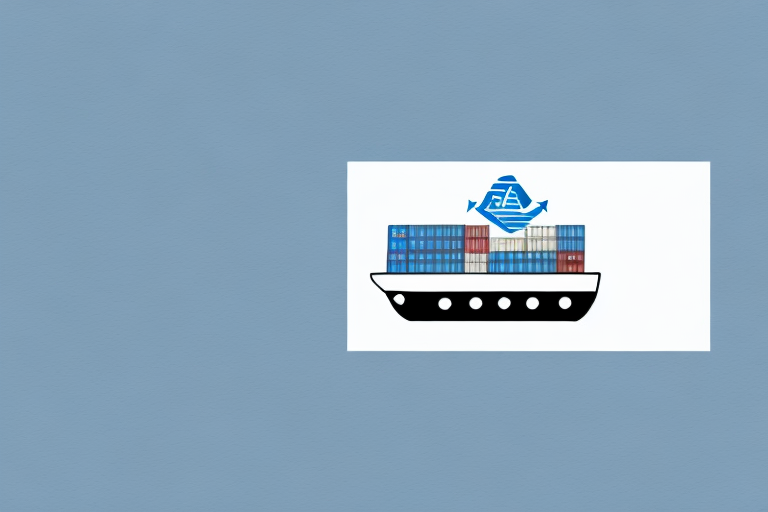Exporting and importing goods can be a complex process, fraught with risks and uncertainties. One valuable tool that can help mitigate these risks is export/import insurance. This type of insurance provides coverage for loss or damage to goods during transit, as well as protection against other risks associated with international trade. In this article, we will explore the importance of export/import insurance, its basics, benefits, and key factors to consider when choosing a policy. We will also discuss the types of coverage offered, how to evaluate and compare policies, and provide a step-by-step guide to applying for export/import insurance. Additionally, we will highlight common mistakes to avoid and offer tips for maximizing coverage. Furthermore, we will delve into the claim process, share expert advice on negotiating premiums, and discuss additional services and support provided by insurance providers. We will also address important considerations for small businesses seeking export/import insurance and present real-life case studies that demonstrate how this type of insurance has protected businesses. Finally, we will explore international trade risks and mitigation strategies, as well as the role of government agencies in supporting exporters through import/export insurance programs. Along the way, we will examine legal and regulatory requirements and discuss how insurance can assist in navigating these complexities. By the end of this article, you will have a comprehensive understanding of how to effectively use export/import insurance to safeguard your business in the global market.
Understanding the Importance of Export/Import Insurance
Exporting and importing goods can involve a multitude of risks, ranging from physical damage to cargo, delays in delivery, to political and economic instability in foreign markets. These risks can result in significant financial losses for businesses engaged in international trade. To mitigate these risks, it is crucial to have export/import insurance. This insurance provides coverage for various types of losses, including damage during transit, theft, and non-payment by foreign buyers. Export/import insurance acts as a safety net for businesses engaged in international trade, allowing them to confidently expand their reach into new markets while protecting their financial interests.
One of the key reasons export/import insurance is essential is that it provides protection against unpredictable events that are beyond the control of businesses. For example, imagine a situation where a cargo ship encounters a severe storm, resulting in damage to the goods being transported. Without export/import insurance, the business owner would bear the full cost of replacing or repairing the damaged goods. This can be financially devastating, particularly for small businesses with limited resources. With export/import insurance, however, the financial burden is shifted to the insurance provider, which covers the cost of the loss, helping businesses recover and continue their operations.
Another crucial aspect of export/import insurance is that it provides protection against non-payment by foreign buyers. When exporting goods, businesses often face the risk of non-payment due to various factors, such as supplier insolvency, political unrest, or economic downturns. Export/import insurance offers coverage for such non-payment risks, ensuring that businesses receive payment for their goods even if the buyer defaults or encounters financial difficulties. This protection provides peace of mind and facilitates smoother business transactions in the global marketplace.
Furthermore, export/import insurance can also provide coverage for legal expenses in case of disputes or breach of contracts. In the complex landscape of international trade, conflicts may arise, and the costs associated with legal representation can be substantial. Export/import insurance can help alleviate these costs by covering legal fees, ensuring that businesses have access to the necessary resources to protect their interests and resolve any disputes that may arise.
Additionally, export/import insurance can offer coverage for loss of profits resulting from disruptions in the supply chain. For example, if a key supplier experiences a production delay or a transportation strike causes delays in delivery, businesses may suffer financial losses due to missed sales opportunities or contractual penalties. Export/import insurance can provide compensation for these losses, helping businesses maintain their financial stability and reputation.
Moreover, export/import insurance can also offer assistance and support in navigating the complex regulatory requirements of international trade. Different countries have varying customs regulations, import/export restrictions, and documentation requirements. Non-compliance with these regulations can result in delays, fines, or even the seizure of goods. Export/import insurance providers often have expertise in international trade and can provide guidance and resources to ensure businesses comply with these regulations, minimizing the risk of costly penalties and disruptions to operations.


